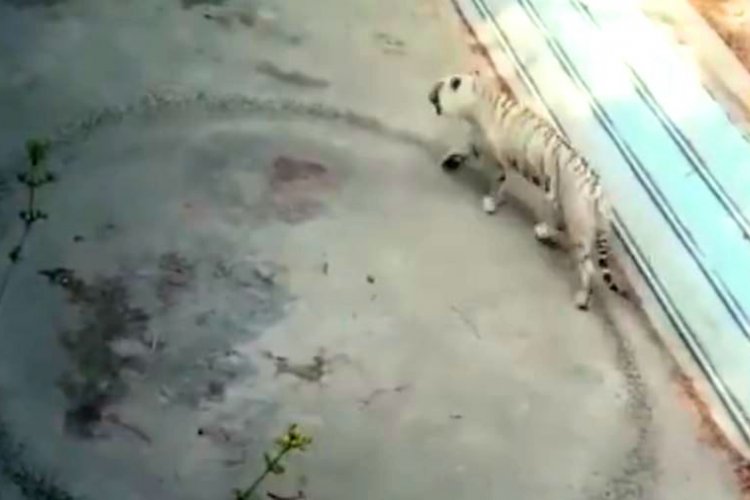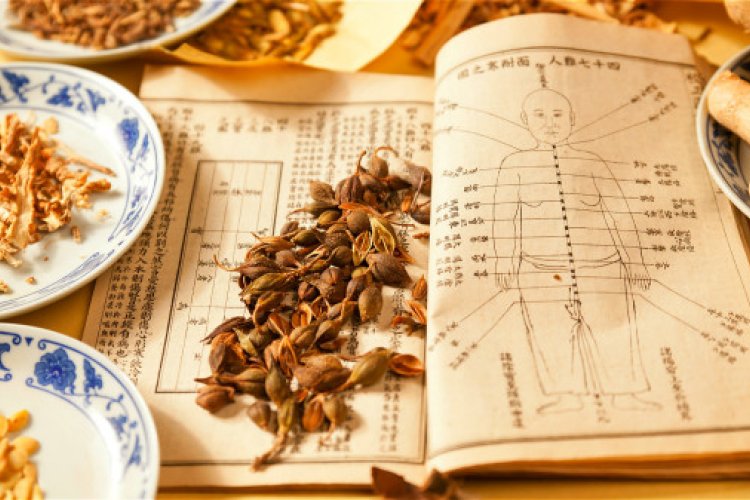Talking TCM: Using TCM to Give Your Body the TLC it Needs This Winter
I have never been one to fear a cold or a sore throat. Growing up, my mother passed on a sure-fire recipe that her mother had developed and passed on to her to manage colds and general wheeziness in a family with many asthmatic individuals. The recipe was lemon, ginger, garlic, cloves, and honey, simple as that. However, this year things are slightly different. Given how COVID-19 has affected the world, and the general fear around it, the last thing I want this winter is to be coughing and sneezing in public! So, I got myself a flu shot.
Luckily, there is a whole world of traditional Chinese medicine out there, which is one of the ways people this far East have not only fought diseases but maintained health and wellness for thousands of years. So, is there a cheat sheet to avoid a bad seasonal cold, or at the very least, to effortlessly manage it? We spoke to Dr. Shelley Ochs, a TCM qualified doctor based in Beijing, about how to beat pesky winter bugs!
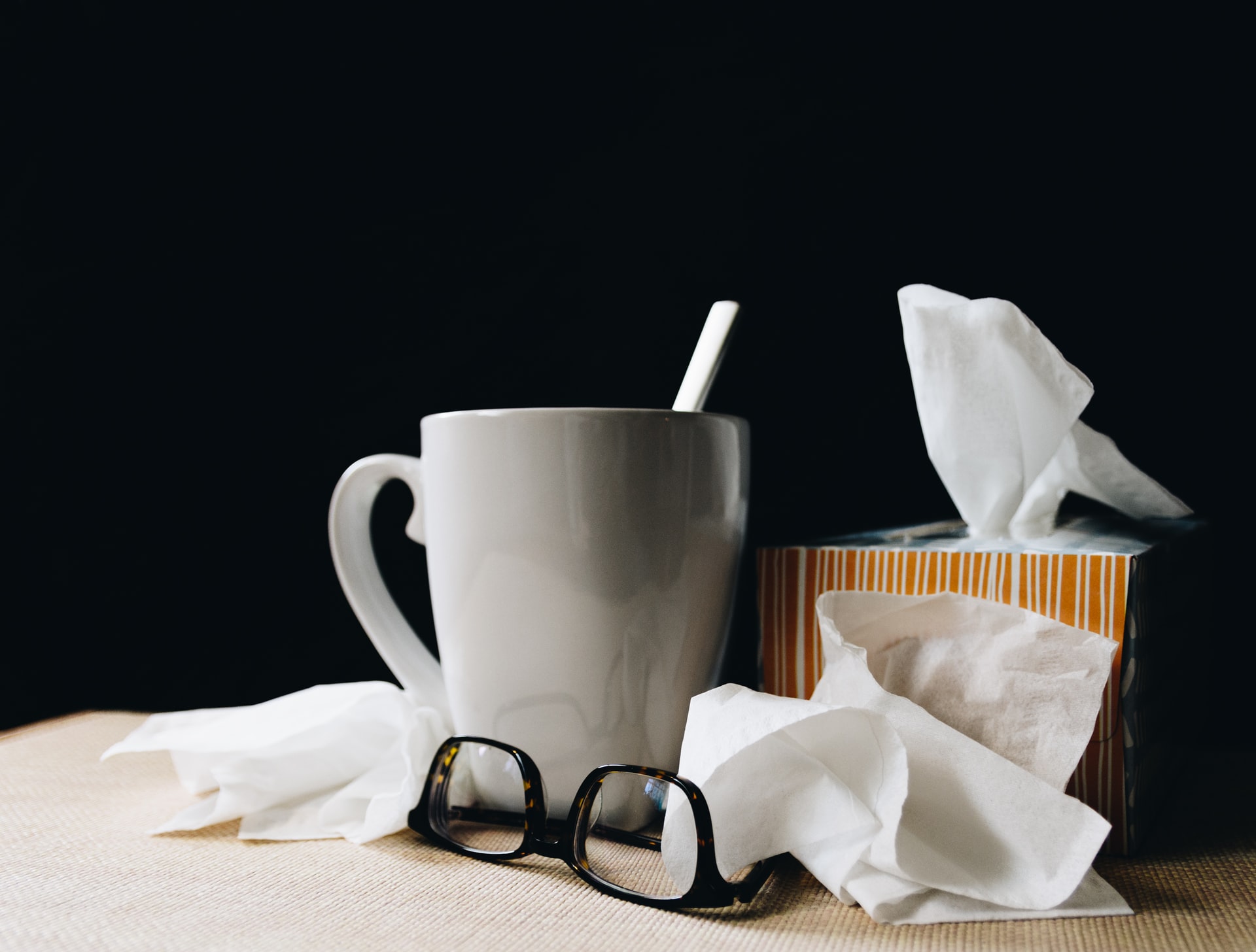
BJK: First things first! Let’s rethink the concept of “prevention.” Is it even a thing?
Dr. Ochs: I think it’s helpful if we first identify some basic principles:
- Inhibition of a virus in a Petri dish does not necessarily translate into the prevention of infection or the development of disease due to a pathogen in individual human beings under real-life conditions. Laboratory results are good news; however, inhibition in isolated cells in a laboratory is several important and arduous steps away from showing positive results for preventing viral infection in humans. The road from laboratory findings to animal testing to human clinical trials is a long one.
- Formulas or single herbs that are indicated for the treatment of a disease are not necessarily effective for preventing that disease. Chinese medicinals have inherent properties and multi-faceted functions that are selected to address a symptom, a pathological process, or something that is lacking in the body and therefore leads to less than optimal function. Often, all of these can be skillfully addressed with a decoction prescription tailored to an individual.
- Chinese herbal medicine rests on the foundation of a set of principles that has its own internal logic. The composition and dosages in herbal formulas are based on the traditional properties ascribed to each medicinal substance, their synergistic effects in compound formulas, and the functions they have within the framework of the human organism and the environment in Chinese medicine.
Got it! Now, let’s get to the heart of the matter. What health conditions am I likely to face in Beijing in winter?
Autumn and winter feel very dry in Beijing. In fact, the climate here matches the traditional “24 Solar Terms” of the traditional calendar quite well. This traditional calendar describes both the weather and the quality of 气 qì for 24 successive ten-day periods. In this system, 立冬, lì dōng “Winter Begins” falls on Nov 7, 2020, and this is indeed when many people start to feel that their skin, lips, eyes, and hair are dry or brittle. This can also be the time when people develop a dry cough or sore throat without other cold symptoms. In addition, people sometimes feel this type of dryness when the AQI is high.
And what symptoms should we look for?
When actual common cold or flu symptoms arise, we need to distinguish between “wind-cold,” which is primarily runny nose, chills, clear mucus, and perhaps a headache, and “wind-heat,” which involves a sore throat, fever, yellow mucus, and perhaps swollen tonsils. These are treated differently, as we will describe below.
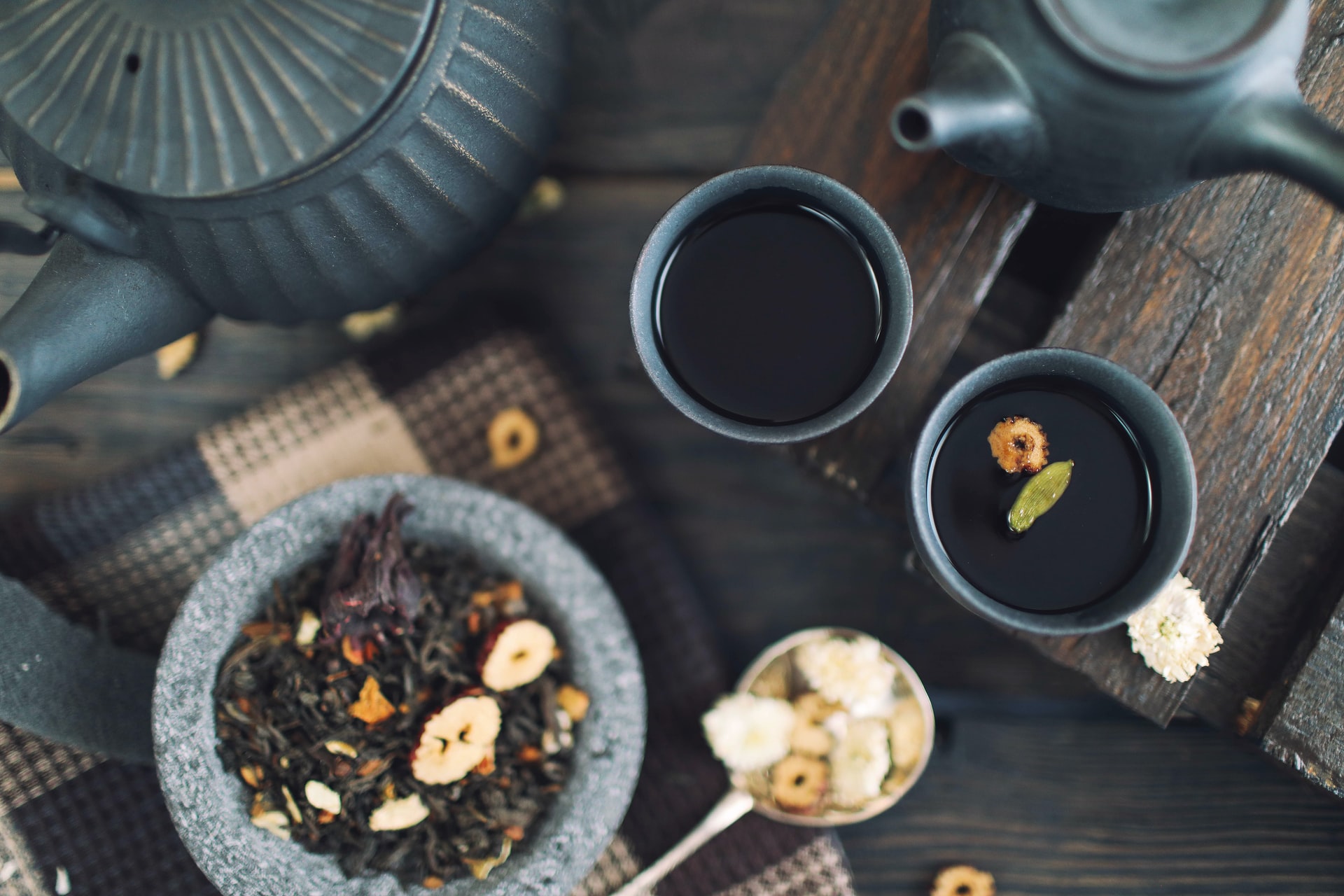
Is there anything from my kitchen pantry I can use to manage all of these symptoms?
-
Foods: pears, lotus root, white fungus, almonds, yam root, and persimmon. Lí shuĭ pear water is very good for dryness in the respiratory tract and can also prevent colds by keeping the mucus membranes moist and functioning well.
- For the initial stage of wind-heat or wind-cold: green scallion stalks boiled in water until the water changes color. For wind-cold: strong ginger tea made by boiling two 20cm slices of ginger in water to make a very pungent tea.
- Breathing exercises for prevention
The 肺 fèi lung in Chinese medicine overlaps with but diverges from our understanding of the respiratory system in biomedicine. The lung has the functions described below.
- The lung governs qi, controlling how and how much we inhale clear qì and exhale turbid qi.
- The inhaled clear qi combines with the essence of grain and water extracted by the spleen from food and drink to form the qi the body needs for basic functions.
- Lung qi has an upward and outward “diffusing” movement and a downward “depurative down bearing” movement.
- The lung governs the skin and body hair.
- Its pair is the large intestine and both belong to the metal phase.
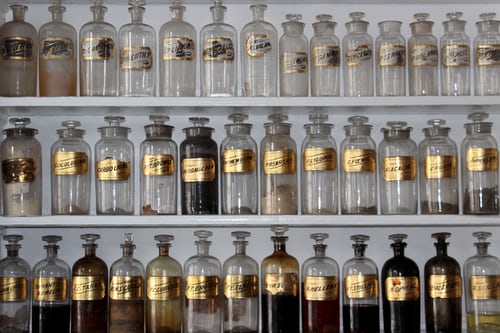
When the qi of the lung moves freely and deeply, we increase the lung’s ability to perform all of its other functions. Qi includes the breath but is more than just respiration. The movement of qi occurs unconsciously, but the goal of “qi practices” such as 太极拳 tàijíquán Tai Chi, Qi Gong, and other internal and external martial arts is to allow us to develop the ability to perceive and consciously manipulate the qi in our own bodies. This practice below is designed to help us feel the qi of the lungs and, over time, allow it to function more efficiently.
Four Phase Breathing
- Inhale to a count of 3 to 5, depending on what feels comfortable
- Hold your breath and continue to “feel” that you are inhaling without taking in any air.
- Exhale through your mouth.
- Hold your breath and continue to “feel” that you are exhaling without breathing out any air.
- Repeat for 10-15 minutes.
Does that mean I never have to see a doctor ever again?
See a doctor to get a more accurate diagnosis and rule out other conditions. It’s important to treat colds and flu in a timely manner to prevent more severe infections like bronchitis or pneumonia.
There is no one-size-fits-all in Chinese medicine. There are herbal formulas (combinations of herbs) for ailments, but they are based on traditional diagnoses. Therefore, we cannot say that any one herb or combination of herbs treats all colds or cases of flu.

If I don’t quite know how to make any of the remedies you just recommended, can I just buy them ready-made?
Many ready-made, OTC formulas are in fact safe to use. Look for a Chinese government serial number and inspection date and stick to major brands when possible.
| 板蓝根 | Băn lán gēn | Treat and prevent colds |
| 复方板蓝根颗粒 | Fù fāng băn lán gēn kē lì (powder) | Treat and prevent colds |
| 川贝止咳糖浆 | Chuān bèi zhĭ ké táng jiāng (syrup) | Cough syrup—coughs due to common cold |
| 感冒清热颗粒 | Găn mào qīng rè kē lì | Heat-type colds—sore throat, cough with yellow phlegm |
| 风寒感冒颗粒 | Fēng hán găn mào kē lì | Cold-type colds—white mucus, runny nose, chills |
| 养阴清肺丸 | Yăng yīn qīng fèi wán | Cough due to common cold with no mucus or hard to expectorate mucus |
| 百合固金丸 | Băi hé gù jīn wán | Chronic dry cough |
| 小儿咳喘贴 | Xiăo’ér ké chuăn tiē (patch) | Patch for wheezing and cough in children |
READ: Air-Renaissance: Beijing Celebrates 2-1/2 Years Without a “Seriously Polluted” Day
Images: Unsplash
Related stories :
Comments
New comments are displayed first.Comments
![]() WaqarOptimist
Submitted by Guest on Mon, 11/09/2020 - 16:03 Permalink
WaqarOptimist
Submitted by Guest on Mon, 11/09/2020 - 16:03 Permalink
Re: Talking TCM: Using TCM to Give Your Body the TLC it Needs...
"We spoke to Dr. Shelley Ochs, a TCM qualified doctor based in Beijing, about how to beat pesky winter bugs!"
Isn't it inherently biased to consult only qualified doctors? It marginalizes the unqualified. "Structural elitism," that's what I call it. Stop silencing the incompetent! They have opinions just like you
haha, i agree so much!
![]() China Boy
Submitted by Guest on Sun, 11/08/2020 - 13:25 Permalink
China Boy
Submitted by Guest on Sun, 11/08/2020 - 13:25 Permalink
Re: Talking TCM: Using TCM to Give Your Body the TLC it Needs...
I find ChangYu Fine brandy a most efficacious treatment for all winter ailments. Mind you, today here in GZ it’s a sunny 29C so coughs and colds are rare.
Validate your mobile phone number to post comments.






